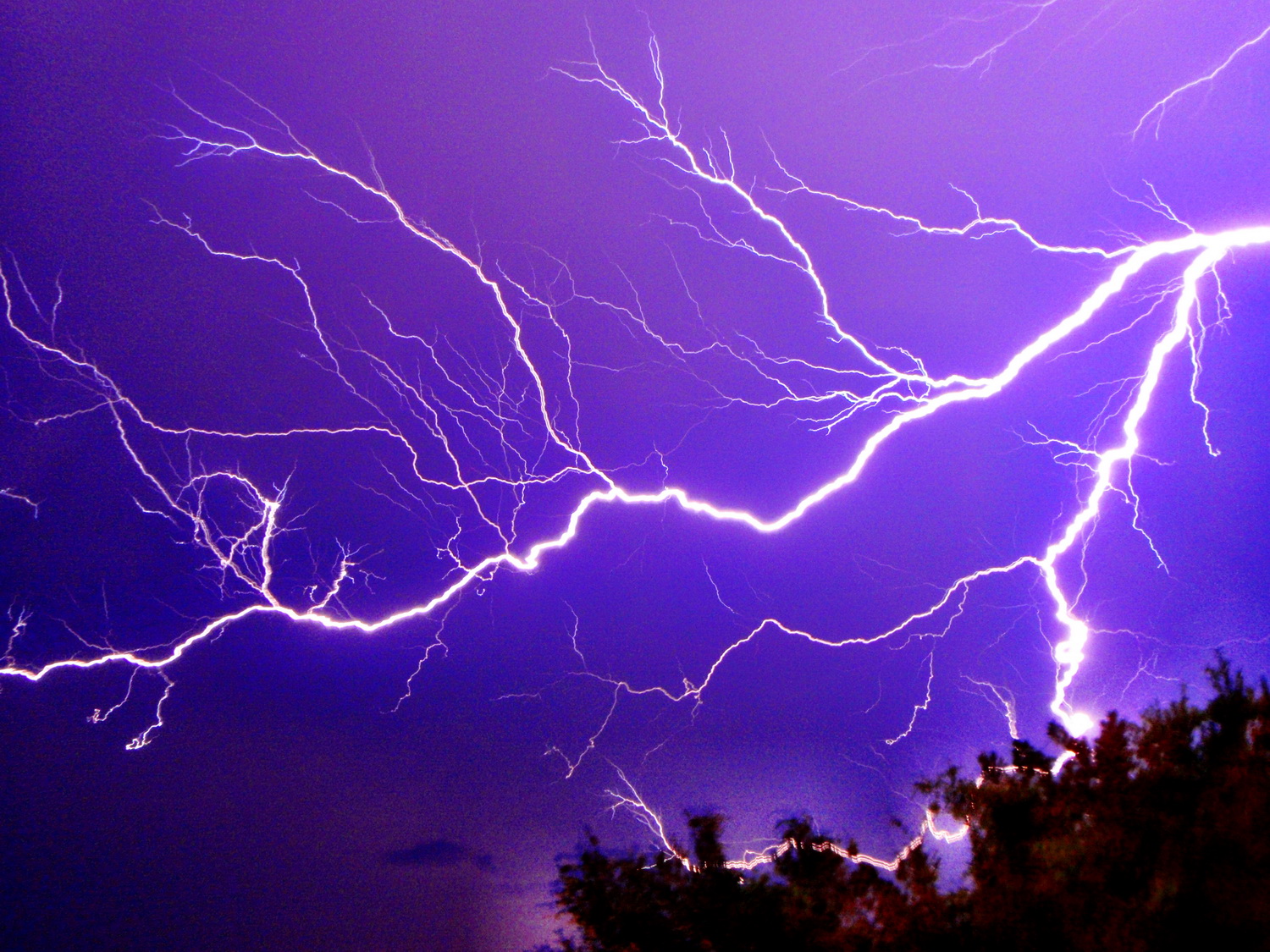Irish communications minister Pat Rabbitte announced in late August a government plan to expand fast broadband access to every home or business within the country. The plan calls for 30Mbps connections throughout the country by April 2016.
But that’s not all. While the entire country is expected to have access to at least 30Mbps broadband connections, the plan hopes to provide half the population with even faster speeds. The government hopes to provide certain areas with speeds between 70Mbps and 100Mbps. Ireland hopes to have that complete by 2015. Other areas not expected to have access to the highest speeds may be have access to speeds in excess of the 30Mbps minimum.
Rabitte’s release indicated that the Irish government will assist internet service providers in the expansion when necessary to do so. The state has committed to providing €200 million to go with investments from private providers, according to the Irish Times. Support from the state for the expansion is expected to be relegated to rural areas where it may not make financial sense for private companies to invest in infrastructure.
The Times notes that the amount of broadband subscribers in the country has risen significantly in the last five years from about 400,000 to roughly 1.7 million. An op-ed in the Irish Independent speculated that even given the “hard times we are currently enduring, this will be money well spent.” More and more business is done via the Internet, making access to broadband key for businesses and individuals.
Usenet actually preceded the World Wide Web and continues to feature an active community of technology enthusiasts and professionals. Newsgroups span a wide range of topics pertaining to technology and other fields. Users share information and discuss a wide range of topics thanks to their Internet connection.




